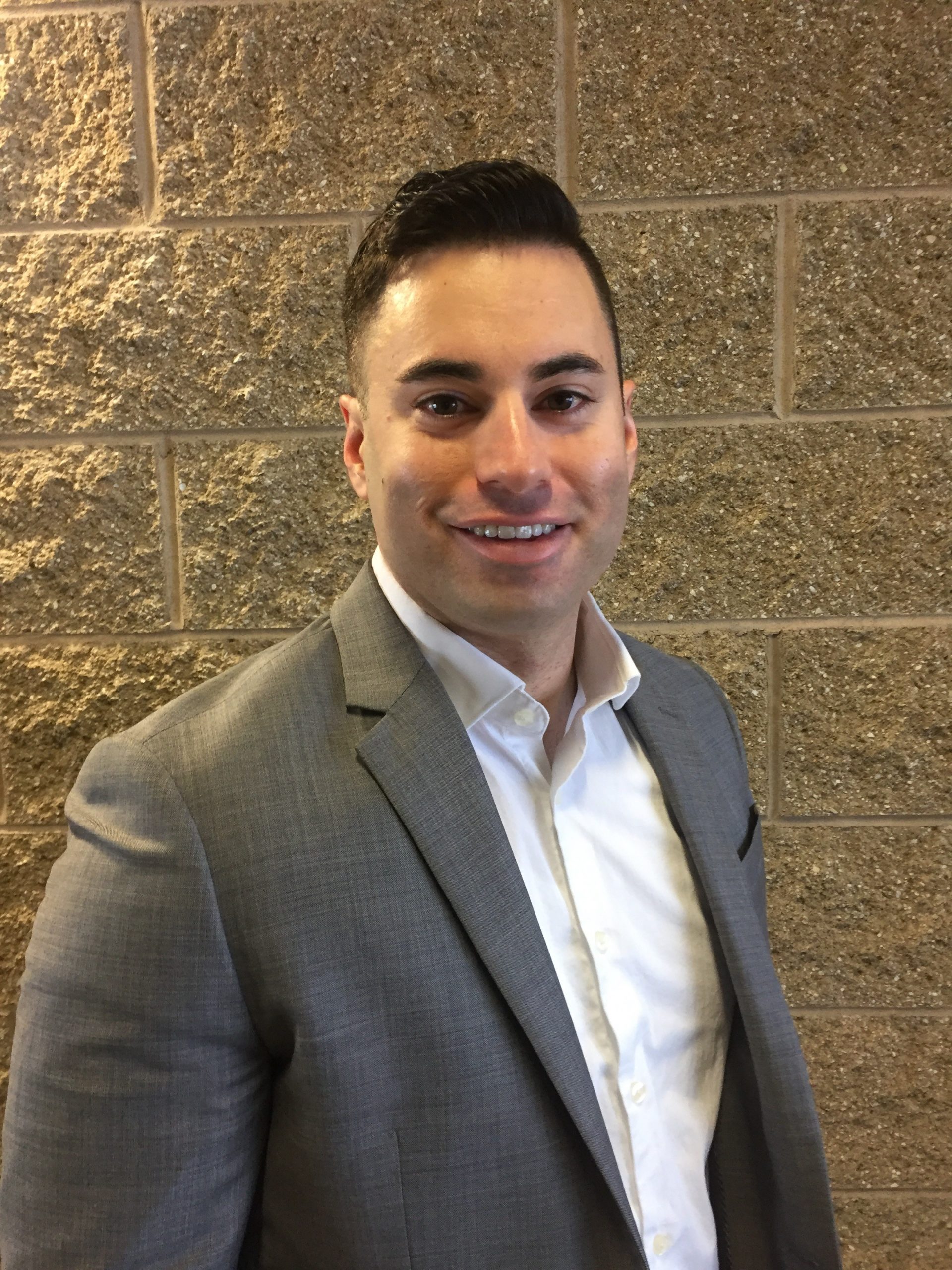The addiction treatment industry is changing faster than ever. More facilities are opening, insurance policies are shifting, and even patient needs are evolving. For rehab owners, executives, and marketers, this means standing still simply isn’t an option.
With more competition and higher marketing costs, there is no other way to survive in this industry but to conduct market research and find the best strategies. Done properly, market research will not only help you understand the numbers and charts, it will also help you understand people.
Market research is all about knowing what motivates someone to pick up the phone and what gaps exist in your community’s treatment landscape.
If you’re running a rehab facility or considering starting one, investing in addiction treatment market research is one of the smartest moves you can make. Here we’re going to discuss why it’s necessary and how you can make the most of it.
What is Market Research in the Addiction Treatment Space?
When most people hear the term “market research”, they picture consumer surveys, competitive analyses, and data charts about shopping habits. While this is certainly true when it comes to retail, addiction treatment market research is a different beast. In fact, it takes on a deeper and more sensitive role.
At its core, market research for rehabs is about answering key questions like: who are the people in my community that need treatment and what types of treatment models are they looking for?
Instead of guessing—or worse, relying on outdated assumptions—you gather real insights. This can come from demographic studies, competitor audits, patient interviews, surveys, referral partner feedback, or even analysis of online search behavior.
The end goal is to align your rehab’s services and messaging with the actual needs and decision-making patterns of patients and families.
Addiction Treatment Market Research: Why Your Rehab Needs It
If you are running a rehab facility in this competitive healthcare landscape, you should know that it takes more than just offering quality treatment these days. Now you need to position your program to reach the right people at the right time.
Addiction treatment market research gives rehabs the data-driven insights they need to stand out, adapt to trends, and make smarter business decisions. This is especially important in this digital age where everyone has an established online presence. From understanding patient behavior to anticipating policy changes, market research is no longer optional—it’s essential.
Here are some key reasons why your rehab needs it:
1. The Industry is Oversaturated in Some Areas
In certain regions, the addiction treatment market has become crowded, with dozens of centers competing for the same patients. Market research helps identify whether your area is already saturated or if there’s room for growth. Studying local demand, referral networks, and competitor positioning helps rehabs avoid costly missteps like opening a new facility in a location where the need is already being met.
2. Patients and Families Are Savvier Than Ever
Today’s patients and their loved ones are more informed than ever before. To make sure patients receive the most suitable care, they research treatment models, read reviews, and compare options before making a decision.
Market research gives insight into what prospective clients are looking for, from the language they respond to in marketing materials to the features they value in a program. This helps rehab centers align their messaging and services with real-world expectations.
3. Marketing Costs are Rising
Digital advertising, referral networks, and outreach campaigns all come with a growing price tag. Without market research, many rehabs end up wasting money on ineffective campaigns or targeting the wrong audience. Research helps refine marketing strategies so facilities spend smarter, not more.
4. Treatment Models Are Shifting
With new evidence-based approaches and alternative therapies gaining traction, the addiction treatment space is evolving rapidly. But with market research, you can keep a pulse on which treatment models patients are looking for and which ones insurers are more likely to cover. Staying ahead of these shifts ensures your rehab remains relevant and attractive to prospective clients.
5. Payers and Policy Matter
Insurance payers and government policy play a huge role in determining which rehabs succeed. Market research helps facilities anticipate regulatory changes, understand payer requirements, and align services with reimbursement opportunities. By staying informed, rehabs can avoid common compliance pitfalls while positioning themselves to benefit from favorable policy shifts.
The Different Types of Market Research for Rehabs
Market research isn’t one-size-fits-all. Depending on your rehab’s size, goals, and budget, you might use one or several of these approaches:
Demographic and Community Research
Demographic and community research looks at who lives in your area: age groups, income levels, employment rates, cultural backgrounds, and—most importantly—rates of substance use and mental health disorders. It helps you know if your community needs residential treatment, outpatient programs, adolescent support, or some other niche.
Competitive Analysis
To make sure you are not getting left behind, you need to know who else is offering treatment nearby. What services do they offer, what’s their pricing structure, and how do they present themselves online? By analyzing competitors, you can spot gaps and opportunities to differentiate your rehab.
Patient Journey Mapping
This type explores how a patient or family goes from realizing they need help to choosing a rehab. Do they start with Google? Do they ask a doctor? Do they talk to friends in recovery? Mapping this journey helps you remove barriers and meet patients where they are.
Survey and Interview Data
Talking directly to former patients, families, or even referring professionals can give some valuable insight. What did they value in rehab? What frustrated them? What nearly stopped them from committing to treatment?
Digital Behavior Analysis
Analyzing online search trends, social media conversations, and website analytics reveals what people are asking about treatment. For example, if searches for “dual diagnosis treatment near me” are rising in your region, that’s a signal worth listening to.
Getting Started with Market Research for Your Rehab
When you invest in market research, your rehab benefits in concrete, measurable ways. You begin marketing your services more intelligently rather than just shouting into the void. Your rehab center can also enjoy better patient retention, increased referrals, sustainable growth, and a stronger reputation. When families and patients feel understood, it leads to better reviews and word-of-mouth.
So, how do you begin? Here’s a step-by-step roadmap:
Define Your Goals
Before you dive into research, you need to clarify what you’re trying to achieve. Are you looking to expand your patient base, identify referral sources, improve your digital presence, or develop a new program? Clearly defined goals keep your market research focused, ensuring that the data you collect translates into actionable strategies.
Gather Demographic Data
Understanding who you want to serve is the foundation of effective marketing. Look at age ranges, gender, income levels, education, and geography to identify trends in addiction and recovery needs. This data helps you tailor your services and messaging to the populations most in need of treatment in your area.
Audit Competitors
Researching what other rehabs in your region offer will give you insight into gaps and opportunities. Study their services, pricing models, online presence, reviews, and even accreditations. A thorough competitor audit can reveal what’s working, what isn’t, and where your center can provide a unique advantage.
Analyze Digital Trends
Since most people search for treatment online, digital research is particularly important. Explore keyword trends and SEO opportunities. You can also take a look at patient behaviors on platforms like Google, ChatGPT, and social media. Tracking these insights will help you understand how prospective patients are searching for treatment and which platforms offer the best outreach opportunities.
Apply Insights
The last step is of course to turn your research into strategy.
Use the data you collected to refine your programs, adjust your messaging, and align your marketing with the actual needs of your target audience. This way, your rehab can connect more authentically with those who are in need of your services. In the long run, this will even make you a trusted resource in the addiction recovery space.
The Human Side of Market Research
It’s easy to think of research as cold and clinical. But in addiction treatment, it’s deeply human.
In this industry, market research isn’t just a numbers game. Behind every data point is a person: someone struggling with addiction, a family searching for answers, or a clinician trying to provide the best care. Therefore, research in this field isn’t just about identifying market trends; it’s about uncovering human stories, needs, and barriers that often go unheard.
Looking beyond the surface-level metrics allows researchers to gain insights into why people seek help, what stops them from doing so, and how treatment centers can better meet those emotional and practical needs.
For market research to be truly effective, you need to blend data with empathy. This means asking the right questions, not just about cost or accessibility, but about trust, stigma, and hope. When researchers capture these perspectives, they can shape programs and marketing campaigns that truly resonate with individuals and families in crisis.
Addiction treatment market research can be more than a tool for business growth, but an opportunity to bridge the gap between vulnerable populations and the support systems that can save their lives.
Common Mistakes Rehabs Make Without Market Research
If you skip research, you risk falling into traps that can cost your rehab time, money, and credibility. Here are a few of the biggest mistakes rehab facilities make:
- Guessing Your Target Audience – For example, assuming your main clients are middle-aged men when in reality most of your inquiries are coming from young adults or women can prevent your facility from providing the care potential clients need.
- Copying Competitors Blindly – Just because another rehab offers luxury amenities doesn’t mean that’s what your market values most.
- Ignoring Stigma and Cultural Barriers – If your messaging doesn’t resonate with certain communities, you’ll unintentionally exclude people who need help.
- Overinvesting in the Wrong Marketing Channels – Spending heavily on radio ads when your audience is searching online.
If this feels overwhelming, you can also hire a firm that specializes in addiction treatment market research. The key is not whether you do it alone or with help—the key is that you do it.
Work with MasterMindSEO
Addiction treatment isn’t just a business—it’s a mission. But for that mission to succeed, you need more than good intentions. You need clarity about who you serve, what they need, and how they make decisions. That’s what market research gives you. It replaces guesswork with insight, helping you grow in a way that’s sustainable, ethical, and effective.
In an industry where competition is fierce, costs are high, and lives are on the line, you can’t afford to fly blind. This isn’t just a business decision. At the end of the day, families are counting on you to show up when they search for help online. With the right marketing strategy in place, your center can meet them at that crucial moment and guide them toward recovery.
MasterMindSEO has experience in performing digital marketing campaigns for e-commerce, national, regional and local businesses. Email or call and we will be happy to see how we can help your center get more leads and help more patients!
Ready to take your addiction treatment SEO to the next level? Want to rank your detox center on Google Maps? Let MasterMindSEO help you.


